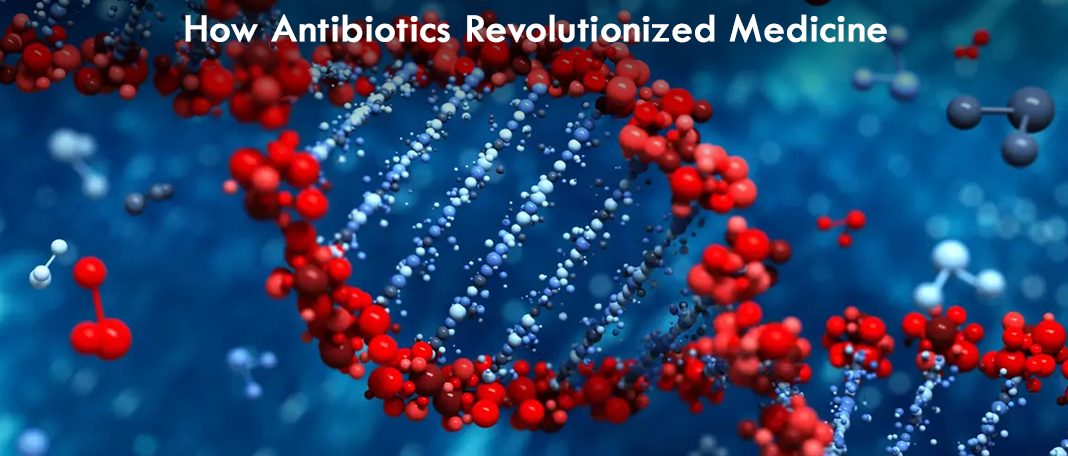From how antibiotics revolutionized medicine to why the cases of antibiotic resistance have increased in the past decade, find out the history and evolution of antibiotics in detail now.
Antibiotic Era Revolutionized
The lack of prevention methods and medicines had laid down the grave for many of our ancestors at an early age. Regardless of the deteriorating quality of lifestyle and increased doubts, antibiotics have increased the life span of human beings. They have made living with an ailment easier for the masses and here is how the revolutionary era began in the first place.
The First Antibiotic Medicine
The roots of the first-ever antibiotic are unknown. Fossils of ancient Egyptians and Romans, and Sudanese Nubia showed the presence of tetracycline. Tetracycline is the primary ingredient of the modern antibiotic injection we get after hurting or bruising ourselves.
Studies found that tetracycline could not have been accidentally ingested by the people given their location and produce. The first-ever antibiotic was arsphenamine found by Paul Ehrlich, a German physician in 1909. The medicine treated syphilis but was not recorded due to several reasons.
Penicillin
Penicillin became the first-ever antibiotic to be legally recorded in the 1930s. Do you know that penicillin was found accidentally? Alexander Fleming left an open culture of bacteria on his work desk before leaving for a vacation. The penicillin fungus had grown creating a bacteria-free zone around it during this period.
Penicillin became the ‘wonder drug’ that saved lives during the war by preventing infections in wounded soldiers. It was used to treat intensive care patients, diarrhea, pneumonia, and other respiratory problems. Antibiotics thus began to revolutionize medicine.
Antibiotics Revolutionized Medicine
Here are the 4 ways antibiotics revolutionized modern medicine thus revolutionizing the entire course of our lifestyle.
Reduced Mortality
People had plenty of kids before the antibiotic revolution in order to expand their roots given the high child mortality rate. Nowadays this has been reduced considerably and the life span of an average individual has doubled.
Prevention Better than Cure
Several deadly viruses like smallpox have been completely eradicated. Cancer and tuberculosis have become treatable. Polio, hepatitis, and chickenpox vaccines have prevented millions of people from becoming disabled for life.
Made Organ Donation a Success
Organ donations have been practiced for centuries and the major reason behind the failure of these surgeries was infections in both parties. The discovery of antibiotics for common infections made the process of donating and receiving organs smooth and successful.
Made Food Production a Success
Antibiotics were not restricted to human beings. Researchers began to invent antibodies to prevent common diseases in plants and animals to meet the nutritional needs of the ever-increasing population.
Disadvantage of Antibiotics
- Countries don’t prioritize the studies on antibiotics until the disease becomes a serious threat. The lack of funding due to the fear of an unsuccessful outcome is a major drawback.
- They have side effects. Regardless of the severity, any drug will have a side effect on the human body.
- Antibiotic resistance has become a huge health concern. Bacterias have evolved and have found ways to invade the human immune system but antibiotics are not equipped enough.
- Certain antibiotics can alter the gene structure of humans causing autoimmune diseases in a few cases.
The value of antibiotics is greater than these setbacks and thus it makes them an irreplaceable part of our life despite their disadvantages.















